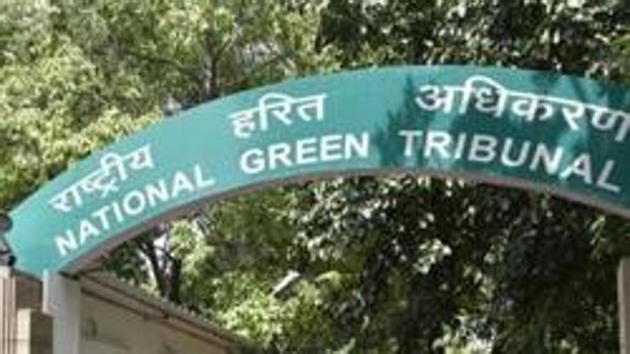NGT panel orders third-party water quality tests in Punjab’s Fazilka
Fazilka deputy commissioner Manpreet Singh Chhatwal, who was appointed nodal officer by NGT, said the Patiala-based institute will be engaged for a transparent laboratory examination of samples.
A panel constituted by the National Green Tribunal (NGT) has directed the Punjab Pollution Control Board (PPCB) to get third-party water quality assessment done in Fazilka district by the Thapar Institute of Engineering and Technology.

Fazilka deputy commissioner Manpreet Singh Chhatwal, who was appointed nodal officer by NGT, said the Patiala-based institute will be engaged for a transparent laboratory examination of samples. He said PPCB will start taking samples from Tuesday from more than 40 identified spots near the India-Pakistan border in Fazilka district. “The board has been asked to take samples from tubewells, handpumps, drains carrying sewage and water supply system of the local body. We expect to get laboratory test reports from the institute in a week’s time and the panel’ report will be submitted to the NGT by August 25,” said Chhatwal.
Chhatwal said the committee comprising officials from PCPCB, Punjab Water Supply and Sewerage Board, state agriculture department and the local bodies department has visited drains to check the quality of water.
Last month, Vikram Ahuja, a farm rights activist from Fazilka, had filed a petition in the NGT that the groundwater in several villages is contaminated. He had submitted official reports secured through the Right to Information (RTI) to buttress his complaint that untreated sewage from 21 municipalities of eight districts in Malwa belt of the state is creating havoc in Fazilka.
On August 5, HT had reported that farmers in several Fazilka villages are facing crop failure allegedly due to contaminated sewage hitting the border district. Ahuja said sewage treatment plants (STPs) of various municipalities are not functioning as per the prescribed protocol. “Our volunteers have recently detected contamination of potable water in villages located along the Aspal drain. We urge the state authorities to take note of the situation as it is also leading to health problems to villagers in the area,” said Ahuja.






